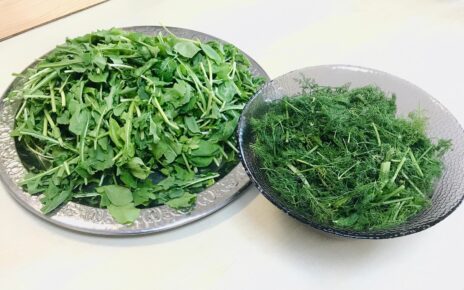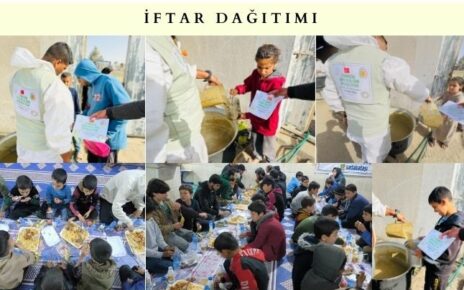Dr. Hüseyin Kâmi BÜYÜKÖZER
Halal and Tayyib certification is a certification that confirms that products and services in many sectors, particularly food, cosmetics, and pharmaceuticals, comply with Islamic principles, as well as health, hygiene, and cleanliness.
The significant increase in demand for halal products and services worldwide in recent years has been significantly contributed to the Halal Certification, which encompasses a high level of hygiene and safety, in addition to Islamic principles.
Halal certification applies not only to food but also to other sectors such as services, energy, transportation, and cosmetics. It encompasses a standard of reliability in both service and product production, and respect for the beliefs and values of Islam at every stage. For example, simply being hygienic for red meat is not sufficient; additional requirements can be imposed for it to be considered halal. Similarly, the pursuit of halal in production and consumption is not limited to food. Halal certification covers a wide range of services beyond food, including renewable energy, tourism services, agricultural operations, and transportation.
WHAT ARE THE BENEFITS OF HALAL AND TAYYIB CERTIFICATES?
Halal certification offers many benefits to both consumers and producers.
Halal and Tayyib certifications enable consumers to make informed choices based on their preferences, while a continuous monitoring mechanism ensures that consumers can safely consume the food they purchase.
Halal certification provides a competitive advantage in exports. Halal food, a part of the food sector, has recently become increasingly important in the global market. Companies that obtain Halal certification increase their competitiveness by offering their products to the global halal food market. The halal food certification, which is the result of the Halal certification process, makes it much easier for the product and producer to be recognized and promoted on a global scale.
A Halal certificate signifies that a halal food product not only complies with the requirements of Halal law, but also demonstrates that food safety and hygiene practices are strictly adhered to in the production of the product/service.
WHO CAN OBTAIN A HALAL AND TAYYIB CERTIFICATE?
Although Halal certification is currently perceived as a standard primarily designed for food-based producers, particularly meat and meat products, it is an applicable certification standard for organizations providing production and services in all areas that touch our lives and impact our daily consumption or service routines, such as food, cosmetics, and tourism.
HOW TO OBTAIN A HALAL AND TAYYIB CERTIFICATE?
The steps involved in the halal certification process are as follows:
Application Evaluation
Conducting an Audit (Certification audits are conducted in two stages. The certification process is evaluated under three main headings.
Application Evaluation Stage
In this stage, the application form requested from the organization and the company information are evaluated in detail. (Product ingredients, additives, and suppliers are checked, and any alcohol or non-halal content is investigated.) A “Certification Service Agreement” is prepared for the organization that is deemed suitable after the evaluation.
Audit Conducting Stage
A two-stage audit is conducted within the planned time-frame, based on the organization’s information. The audit team includes a Halal Auditor and an Islamic Expert. The organization’s ability to produce halal products/services in compliance with the GIMDES standard is inspected on-site.
CERTIFICATION PROCESS
Once the organization has successfully completed the audit, its file is submitted to the Certification Committee, which includes an Islamic Expert. The Committee reviews the detailed procedures for processes such as Islamic requirements and food safety requirements. Once the company is determined to have been properly evaluated and any non-conformances correctly addressed, a HALAL and TAYYIB CERTIFICATE, valid for two years and subject to annual surveillance inspections, is issued.
GIMDES has been a member of the International WHC since 2009 and is among the companies accredited for halal certification by the Halal Accreditation Agency (HAK) in 2024. Your halal certification applications are meticulously evaluated by our expert staff.





